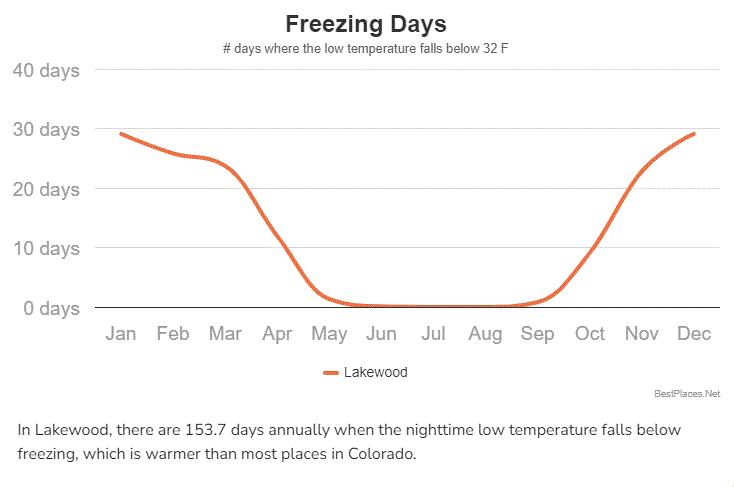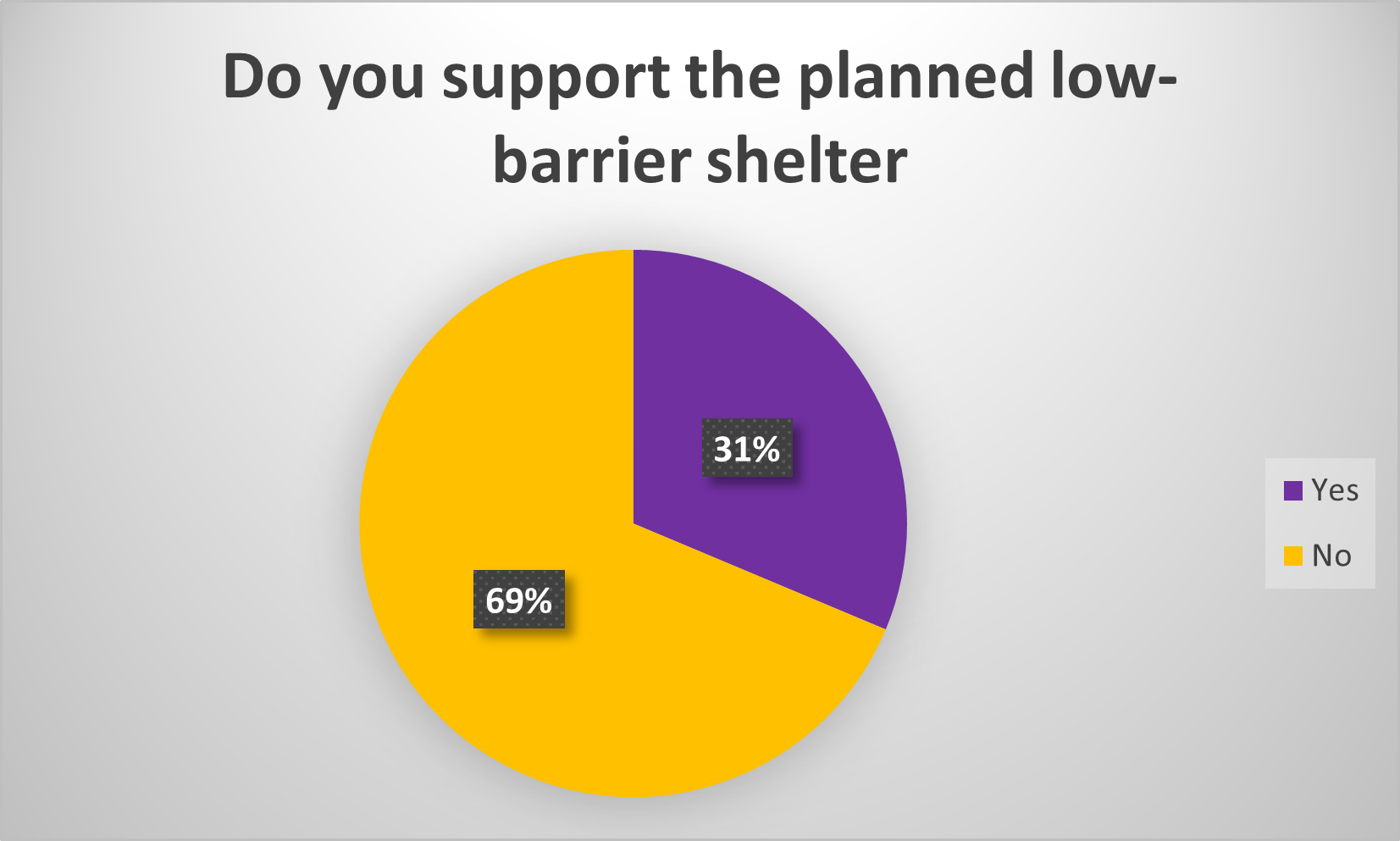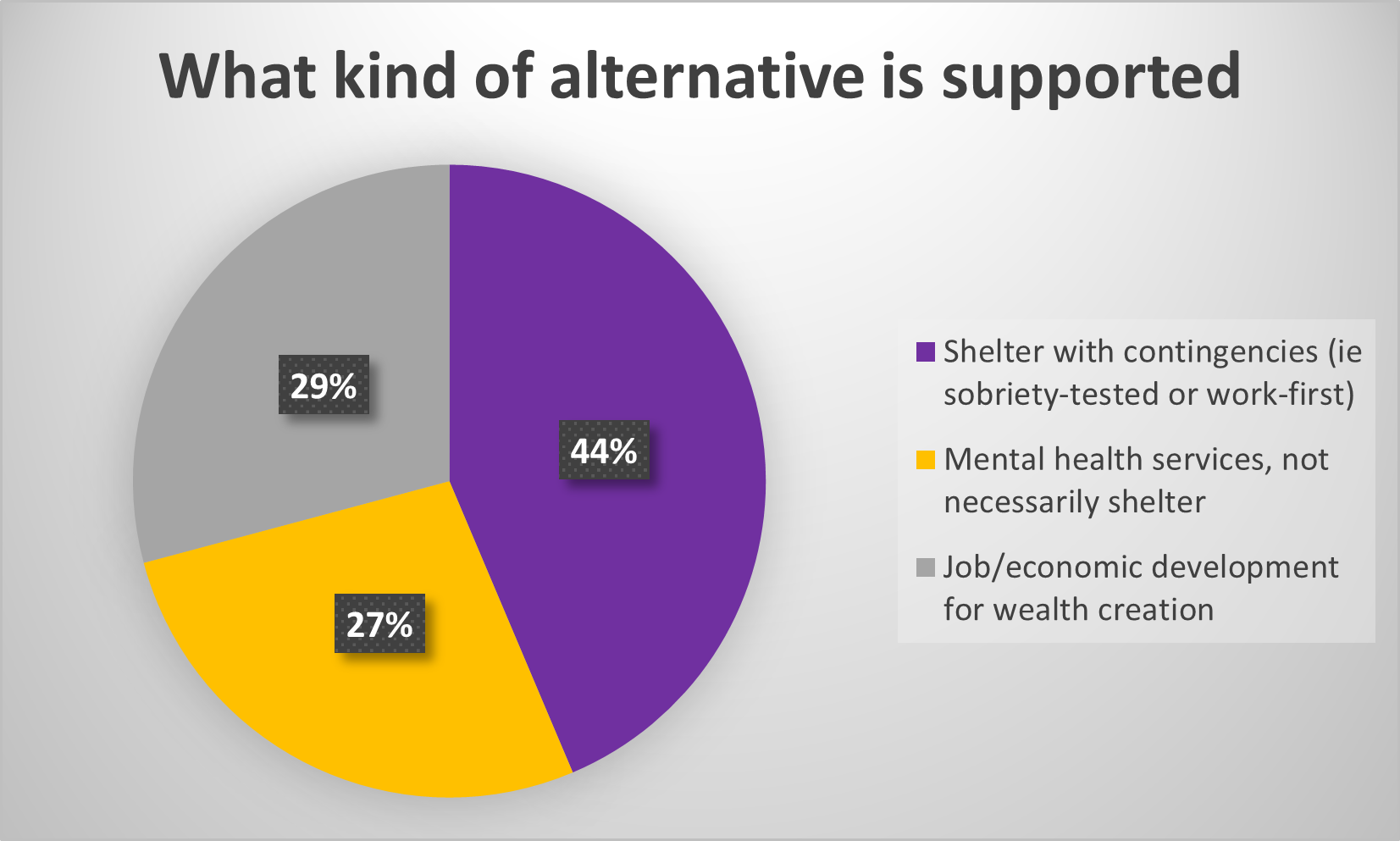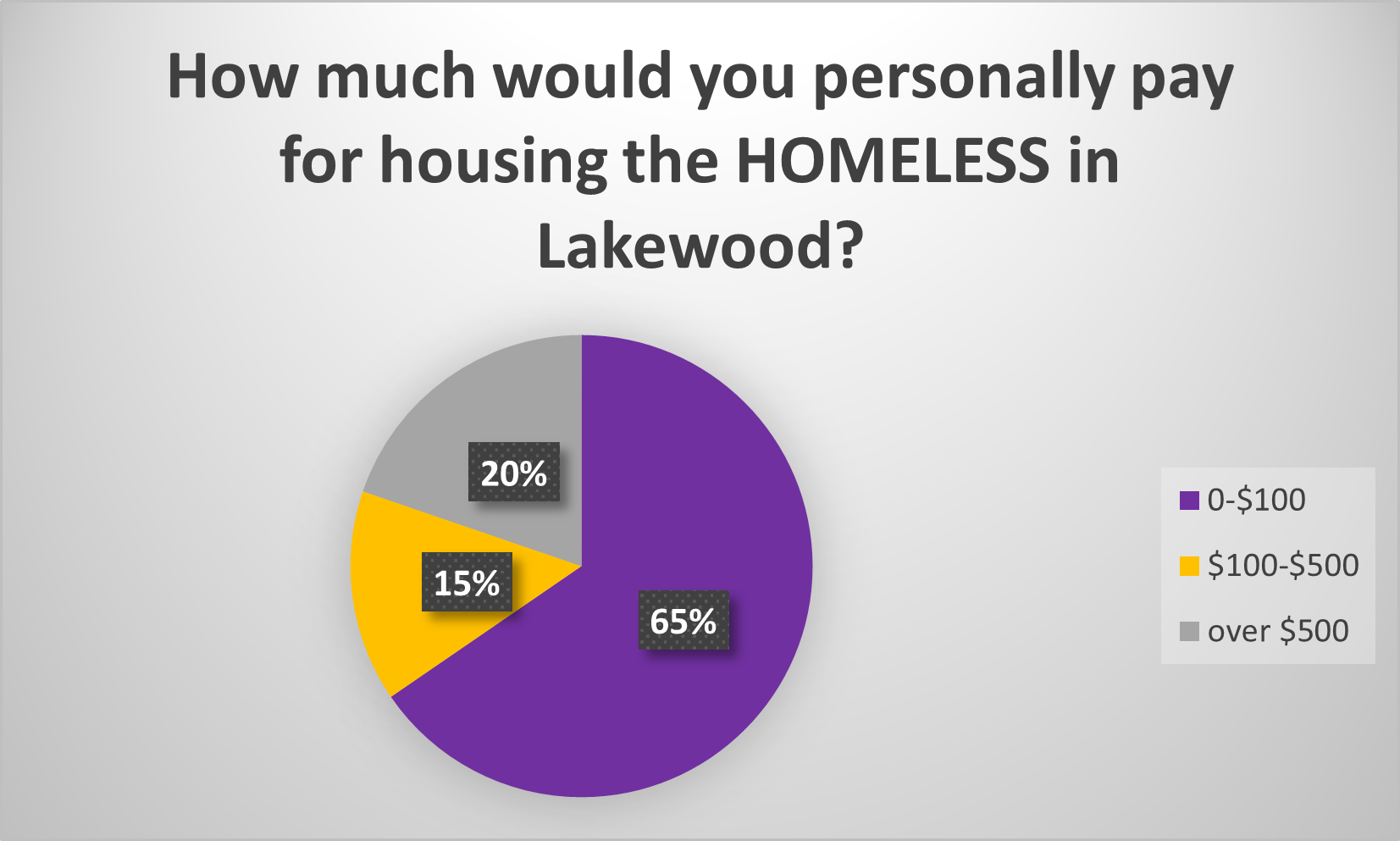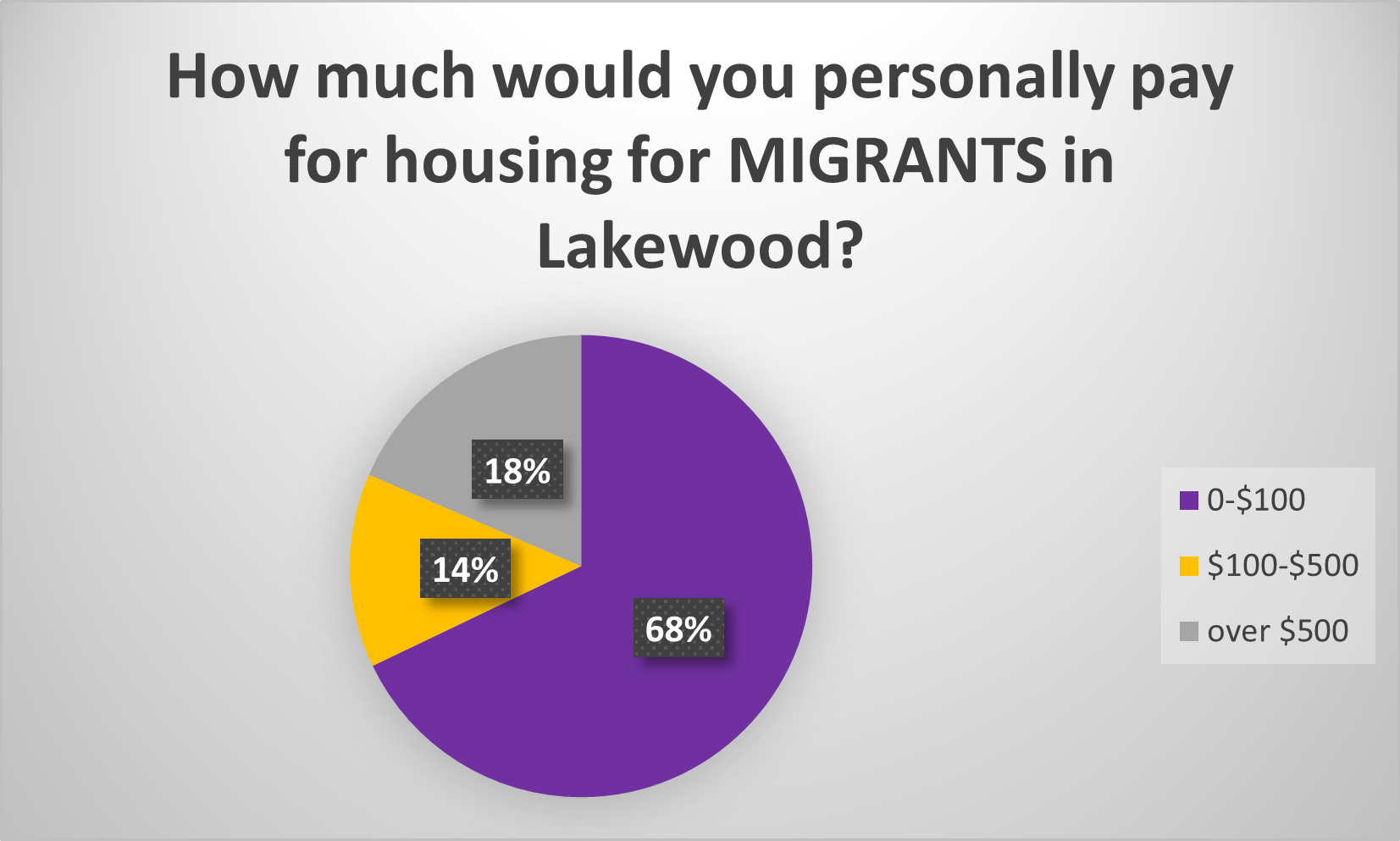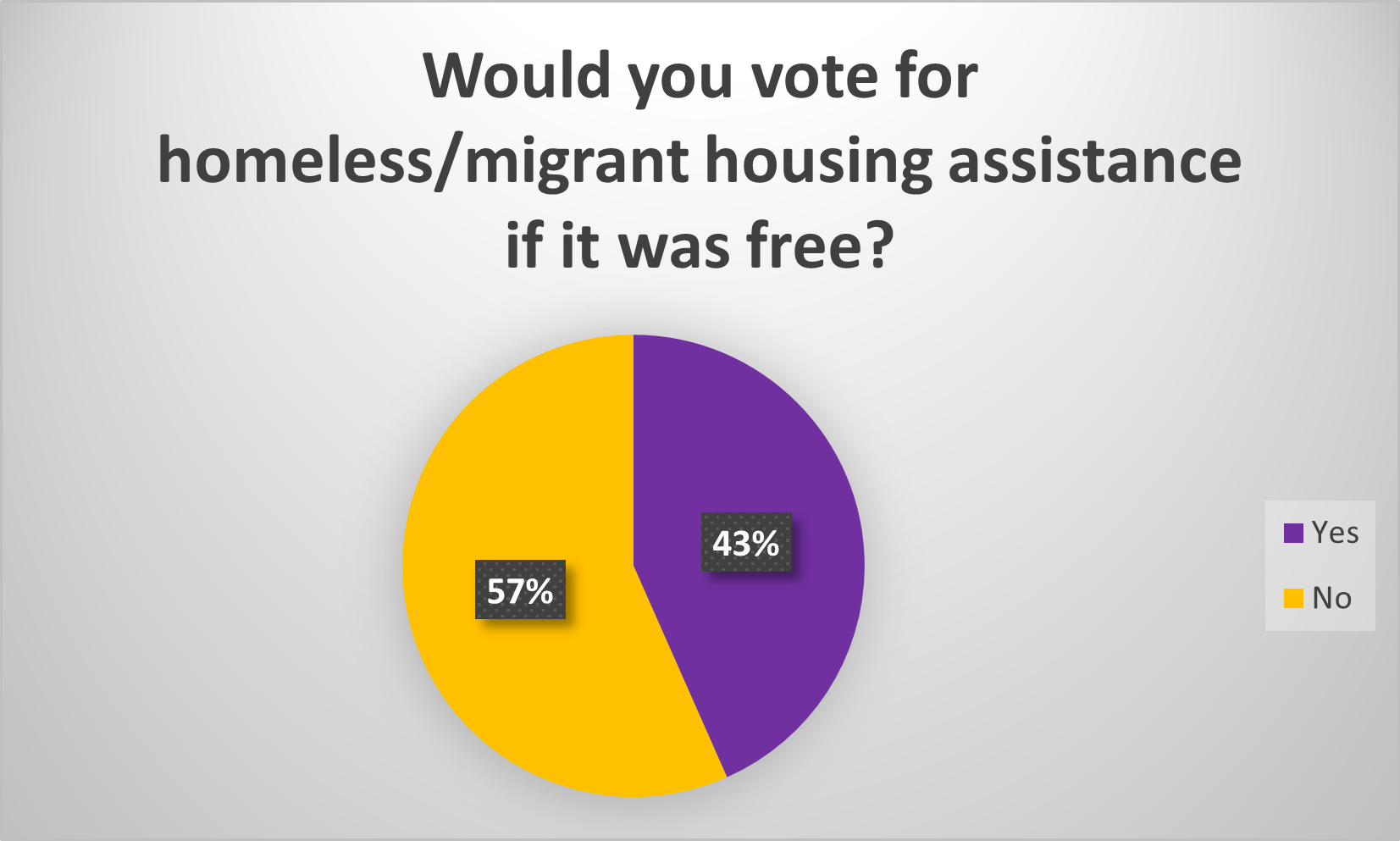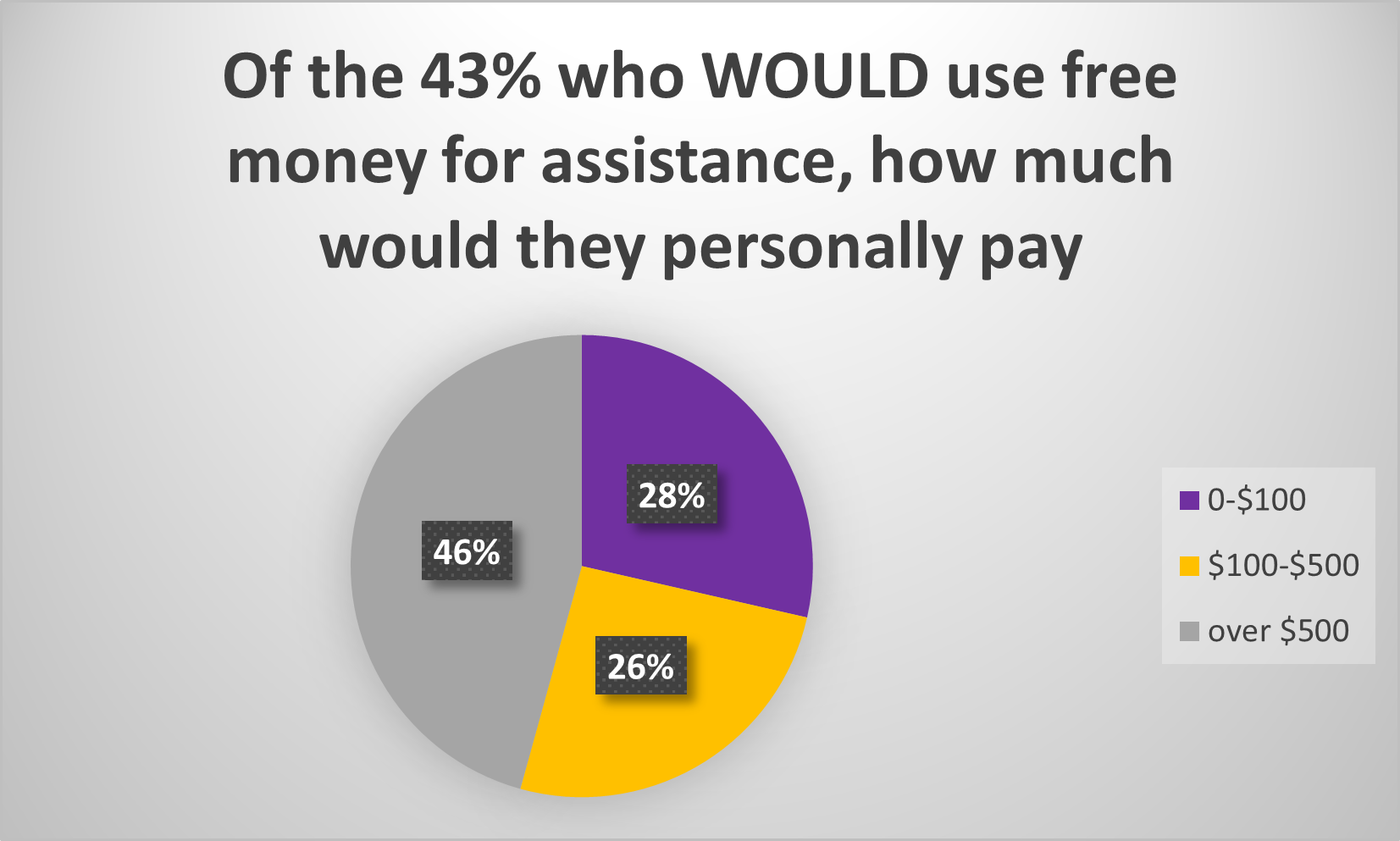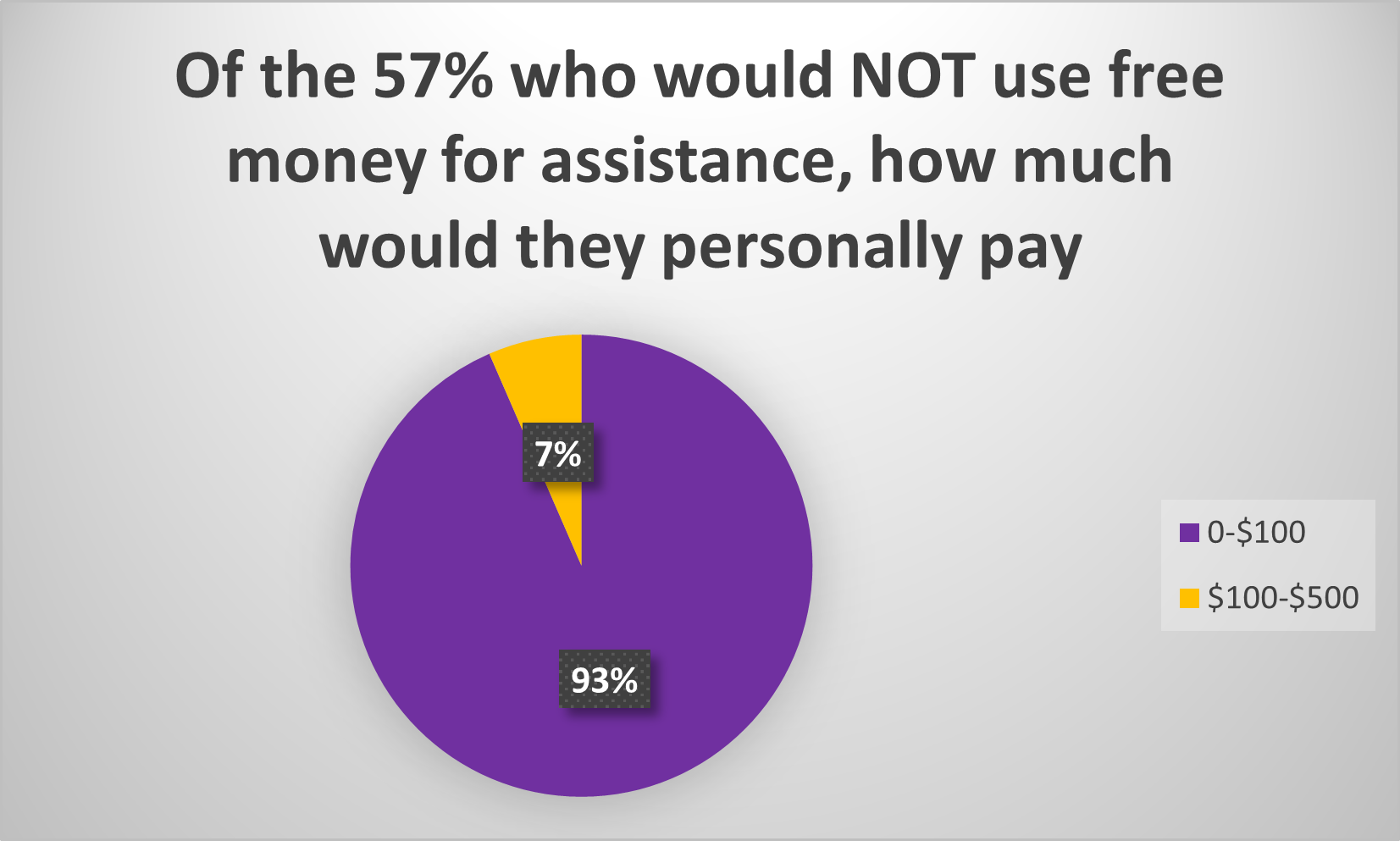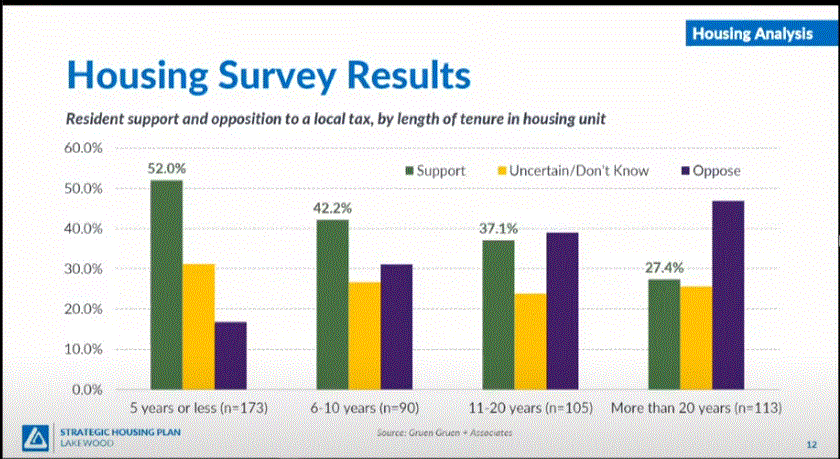Cold weather has been an accepted fact of Colorado life for thousands of years. That is, except in Lakewood, where normal winter weather has been declared an emergency for the last two years. The city’s seasonal emergency declaration allows Lakewood to bypass its own procedures and operate a homeless shelter — without a required permit. Did Lakewood lack planning, or did the city plan to use an emergency declaration to purposely operate without official votes? Another emergency declaration will be made, if it hasn’t already been, for 2025, the third year in a row.
“Any time there is forecast to be an extraordinary emergency/extreme weather event involving sustained temperatures at or below twenty (20) degrees Fahrenheit I have determined that a local extreme weather emergency exists requiring and authorizing me to exercise any or all of the emergency powers vested in me as City Manager…”
Extraordinary weather event? Meaning natural Colorado winter weather?
Sustained cold? Like, overnight? How is this extraordinary?
“In Lakewood, the summers are warm, the winters are very cold and snowy, and it is partly cloudy year-round. Over the course of the year, the temperature typically varies from 23°F to 87°F and is rarely below 7°F or above 95°F.” –Weatherspark.com
The weather itself is not the emergency. Rather, Lakewood leadership wanted to start a homeless shelter but did not want to go through the normal process of public hearings to decide on a homeless policy. This public process would be open for community comment but the establishment of homeless shelters is a contentious issue that could lead to unfavorable attention. So, to avoid this prickly issue, it appears that Lakewood City Manager Kathy Hodgson issued an emergency proclamation declaring that normal weather is an emergency, completely bypassing public policy processes, presumably with City Council’s full approval.
With this emergency mechanism in place, Lakewood could immediately start operating a homeless shelter. Interestingly, Lakewood had already applied for state funds, assuring the State that it would get the required permit when necessary. Unfortunately for the citizens, by the time the permit hearing is held (still in future), Lakewood leadership could claim the emergency process has been historically in place for the past few years, with funding appropriated – thus automatically approving the required permits.
A permit is necessary by code to operate a homeless shelter. Lakewood had to write a new law in 2023 to operate a temporary shelter.
The emergency shelter mechanism appears to be a carefully constructed misinformation tactic that abuses the public trust. Most significantly, Lakewood has completely bypassed important public policy discussions which resulted in citizens in cities like Arvada to vehemently oppose proposals for getting into the homelessness industry.

From Lakewood City Council Study Session, November 18, 2024:
“Our hope is that we can ribbon cut this address as a 24/7 shelter in 2025,” said Chris Conner, Manager Housing and Thriving Communities. He assumes the shelter permit will be approved. Still, there was no mention of public policy debate of homeless response in Lakewood and no response to public criticism of the current shelter.
City Council has made it clear during study sessions that they approve of staff policy. Study sessions have no public comment or votes. The only vote so far has been to approve the fund appropriations. There will also be the anticipated vote from the Planning Commission for a shelter that everyone seems to think is guaranteed.
Lakewood City Manager Kathy Hodgson continues to get annual bonuses and salary increases, while Council approves of finding legal loopholes to make policies materialize without official Council votes. That keeps the policy power within the City Manager’s office and allows those involved to blame others for the lack of proper public process.
Read the 2024 emergency declarations yourself…


